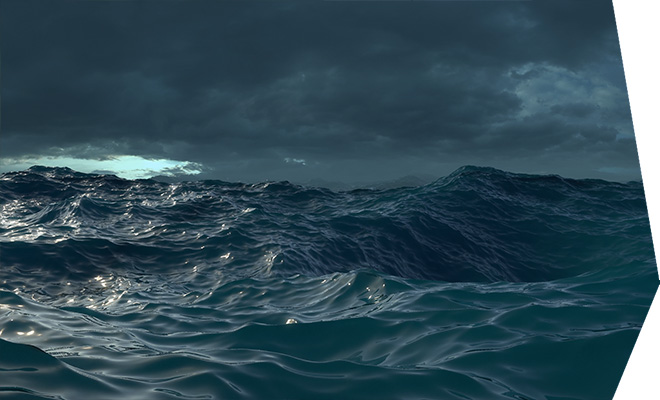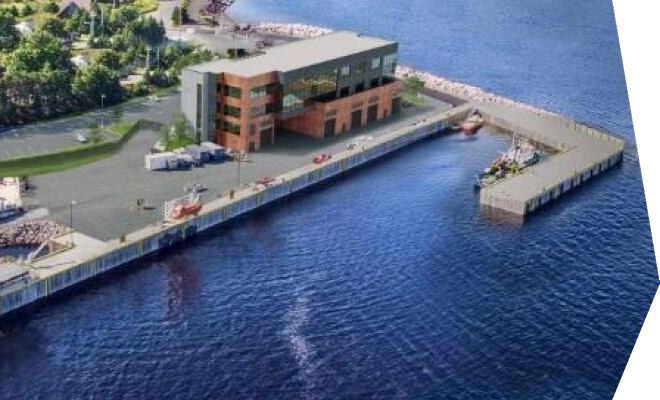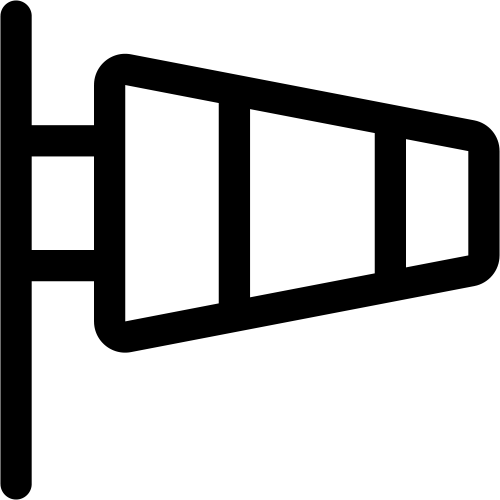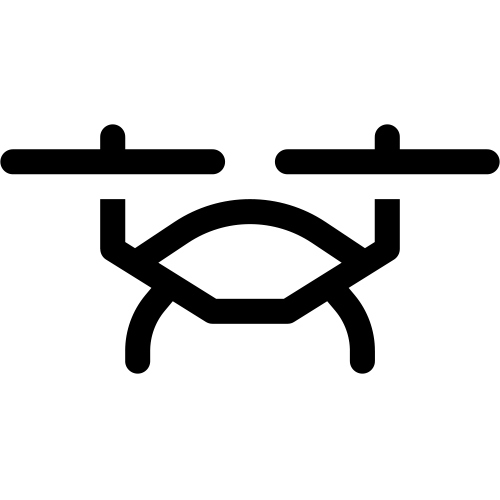Marine Institute
The Fisheries and Marine Institute (MI) is Canada’s most comprehensive centre for education, training, applied research and industrial support for the ocean industries. Located on the edge of the Atlantic Ocean, MI is one of the most respected centres of marine learning and applied research in the world.
The Launch
Located in Holyrood, NL, The Launch is MI’s hub of ocean innovation, discovery, and leadership, providing a collaborative and inclusive space for Canada’s ocean stakeholders and rights holders to operationalize the vital technology needed to support ocean health and economic prosperity from coast-to-coast-to-coast. Offering: education, training, research, and industrial support for ocean industries; a safe, reliable, near-Arctic environment to test, train and explore the next advancements in ocean research – in, on and under the water; and collaborative access to a comprehensive suite of ocean focused resources for industry, researchers, and academia.
Flume Tank
Possessing the world’s largest flume tank, this facility is used to carry out performance evaluations, gear tests and other observations on newly developed or existing fishing gears and other related equipment in simulated underwater and near surface conditions.
Centre for Applied Ocean Technology (CTec)
CTec collaborates with industry and others on the development and application of technology for the practical benefit of all sectors of the maritime community. CTec undertakes applied research and development in two key areas: Ocean Mapping and Ocean Observing Systems.
Remotely Operated Vehicle (ROV) Simulator
The ROV simulator replicates the operations of offshore and military workclass vehicles. The control consoles are mounted in cubicles which approximate conditions on board the vessel.
Underwater Acoustics Laboratory
This laboratory is designed to support applied research and development in the area of underwater acoustics, including the design, development, testing, and calibration of underwater acoustic devices and systems such as acoustic transducers, remote sensing devices (single and multibeam sonars), acoustic modems and acoustic release mechanisms. The laboratory supports applied research and development in the area of acoustic remote sensing applications, such as fish biomass assessment and acoustic seabed classification.
Cold-Ocean Deep-Sea Research Facility (CDRF)
CDRF at the Ocean Sciences Centre provides researchers with access to state of the art infrastructure and equipment for the study of aquatic organisms, especially those from the cold waters of the Arctic and North Atlantic oceans.
Ocean, Coastal and River Engineering Research Centre (OCRE)
NRC OCRE supports a broad cross section of industry sectors by developing creative and practical solutions to engineering challenges in rivers, lakes and marine environments. It provides expertise and tools to identify, adapt, and integrate advanced solutions into systems that improve the performance and safety of ocean, coastal, and marine operations, meet the challenges of climate change, and protect infrastructure, property and people from severe weather events and other environmental risks.
Oceans Frontier Institute (OFI)
An international hub for ocean research, OFI brings together experts from both sides of the North Atlantic to explore the vast potential of the ocean. OFI’s research focuses on: (1) Changes — research examines key aspects of atmosphere-ocean interaction, resulting ocean dynamics, and shifting ecosystems; (2) Solutions — research focuses on effective approaches to resource development that are sustainable, globally competitive, societally acceptable and resilient to change.
Fluids and Hydraulics Laboratory
The fluids and hydraulics laboratory is dedicated to fluid related teaching and research activities. Its tow tank provides a unique capability to study the hydrodynamic effects of vessels, moorings, wharves, vortex induced vibrations and other related marine structures and interactions. It is also home to a fast rescue craft simulator that simulates harsh ocean environments in a controlled setting, an open-channel flume tank, a deep tank for pressure testing, an erosion table, and a multi-phase flow loop.
C-CORE
C-CORE is a Canadian research and development (R&D) corporation that creates value in the private and public sectors by undertaking applied research and development, generating knowledge, developing technology solutions and driving innovation. C-CORE is a multi-disciplinary R&D organization with world-leading capability in Remote Sensing, Ice Engineering, Oil Spill Response, and Geotechnical Engineering. C-CORE’s facilities include state-of-the-art laboratories, high-speed computing facilities, superior commercial and custom software packages, radar systems and other specialized technologies.
LOOKNorth
LOOKNorth is a national Centre of Excellence for Commercialization and Research (CECR) under the Government of Canada`s Networks of Centres of Excellence (NCE) program; it is hosted by C‑CORE and is dedicated to remote sensing innovation. LOOKNorth networks Canadian remote sensing innovators and provides a bridge to commercial markets through a combination of remote sensing technology and demonstration expertise, project management support, continuous engagement with end users to understand market needs, and business development support.
Dr. Joe Brown Aquatic Research Building (JBARB)
JBARB provides state-of-the-art facilities and world class staff with expertise to support research, training, pre-commercial production, and small scale commercial trials in marine aquaculture.
Centre for Aquaculture and Seafood Development (CASD)
The CASD is a comprehensive industrial response unit, internationally recognized for its applied scientific and technical expertise, comprehensive research facilities, and commitment to clients in the seafood processing and aquaculture industries. The Centre focuses on three main theme areas: seafood processing; aquaculture; and marine bioprocessing. Facilities include a 1,100 square metre state-of-the-art food processing pilot plant, an aquaculture facility and a marine bioprocessing facility.
Bonne Bay Marine Station
The Bonne Bay Marine Station hosts and supports research, community-engaged research, and training in the social and natural sciences, with a focus on west coast Newfoundland communities and the Northern Gulf of St. Lawrence. The station offers researchers a first-rate facility for marine ecosystem research.
Canadian Centre for Fisheries Innovation (CCFI)
The CCFI gives the fishing, seafood and aquaculture industry easy access to the scientific and tech facilities and expertise of MUN in order to solve problems and take advantage of opportunities.
Centre for Fisheries Ecosystem Research (CFER)
The goal of the CFER is to better understand fish stocks and the productivity of NL’s marine ecosystem through fisheries research. Specifically, CFER’s mandate is to: focus research on NL fisheries and the sustainability of stocks; offer research and training opportunities to graduate students both locally and internationally; collaborate with governments for research activities and fisheries management; and collaborate with researchers and institutions in Canada and worldwide.







